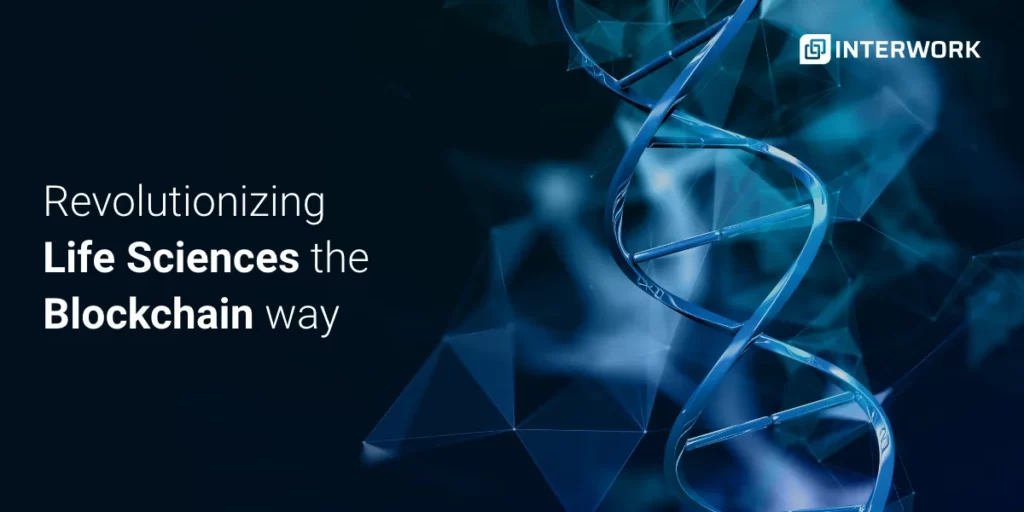Smart Manufacturing and ERP: Leveraging Industry 4.0 for Better Functionality
In the current world of dynamic industrial environment, Smart Manufacturing…

Life sciences and Healthcare have harnessed the potential of the latest technologies in a more pronounced manner when compared to other sectors. As Global healthcare spending is expected to reach $10.059 trillion by 2022, a strategic transformation is required at the core of life sciences to sustain the increasing pressure.
The pace with which the ecosystem is growing requires a technology framework to enhance interoperability, trust, and collaboration between the stakeholders. Blockchain for life sciences exudes a lot of potential to address the range of functions that need to be addressed to establish a patient value-driven system.
The challenges are scattered across the ecosystem that includes the biotechnology organizations, pharmaceuticals, drug discovery, and clinical trial systems. Let us see how the disruption is just around the corner.
The blockchain offers inherent provenance advantages. This aspect is fortifying the security standards of medicinal and genomic data. It is supposed to act as a protection of the intellectual property owned by biotechnology firms.
Clinical genomics firms like Medicinal Genomics have been using blockchain for securing proof of existence for strains of medicinal cannabis. The blockchain acts as a digital notary where the patents, genetic information, supply chain of genetic data and more are maintained. It brings interoperability to the Laboratory Information Management System (LIMS) and the network of stakeholders. As the data remains decentralized yet encrypted, it becomes useable across the landscape without the risk of being misused.
Genomics research and drug research is a very data-sensitive territories. But all the research data is lying in silos and the researchers do not have access to this data. Using the shared ledger, researchers across the globe are trying to build a decentralized repository of research data. Only the trusted parties will have access to this data.
As the ledger will be inherently protected against manipulation, the research data would be available without any central control.
Advanced private blockchains can act as a compliance tool also. With data privacy as a top concern for biotech and pharma organizations, using a public blockchain may not be a suitable option always.
The implementation of private blockchains is more like a centralized ecosystem where smart contracts can be used to meet compliance standards. As blockchain is secure, it can maintain compliance data without any potential risks of being misused by the stakeholders.
Even after being centralized, private blockchains are an appropriate way to restrict data access because as it will be a single source of truth where data is not at risk of being hacked.
In the latest review by the World Health Organization, 10-30% of the drugs sold in developing countries are drug counterfeits due to which the pharmaceutical sector is booking heavy losses and a bad name. The fake drug market has grown into a $200 Billion business. The market has not spared the developed countries also where almost 1% of the drugs in the market are discovered as counterfeits.
Blockchain conjoins with the pharma industry of life science to track and trace the drugs from the source of manufacturing to the consumer\’s doorstep. With this end-to-end traceability over the distributed ledger, the counterfeits can be eliminated.
Because of the pressing need for adherence to the Drug Supply Chain Security Act (DSCSA), the stakeholders need an impenetrable track-and-trace framework that will maintain the unique serialization of single packages of drugs packed.
With the explosive growth of the life sciences ecosystem, the nature of the administration of the established process creates a dire need for Blockchain for Life Sciences. The way this disruptive technology works, it is about to plug in the most painful soft spots of the life sciences sector.